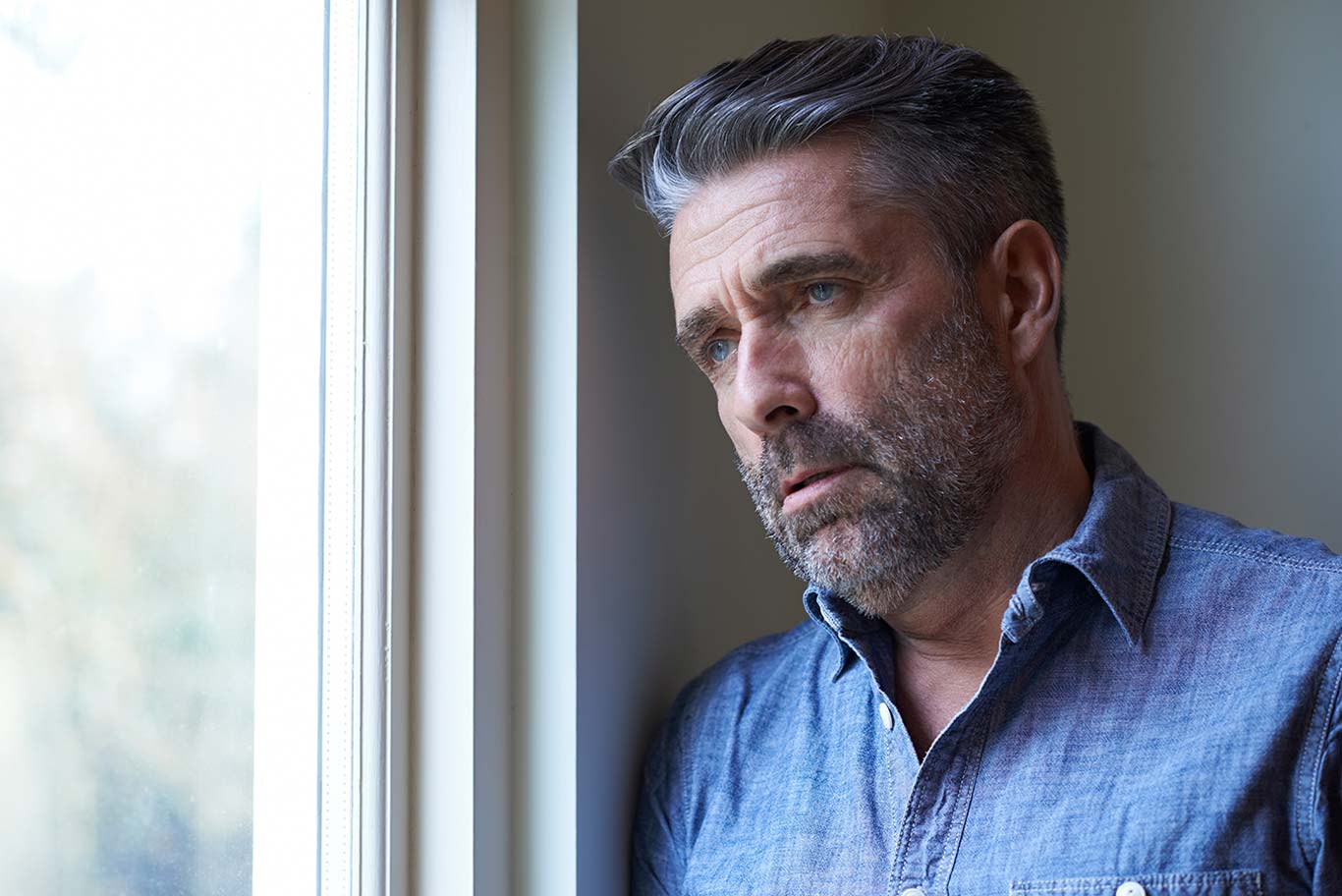
It’s no wonder that depression and pain have been linked together. Each one can cause the other to occur and send a person into a vicious downward spiral of worsening circumstances. Both can be very difficult to manage and overcome. It is possible, however, to successfully manage both and make chronic pain more tolerable without lingering feelings of depression.
Sometimes a person suffers from depression first and that leads to chronic pain. Around 65% of people who suffer from depression also complain about pain. The most common pain reported includes headaches, back pain, joint pain and abdominal pain.
When a person first suffers from chronic pain, it can easily lead to feelings of depression. There are often constant feelings of stress, tension and aggravation that do not seem to subside. Over time, this leads to emotional problems associated with depression.
Chronic pain, often determined as intermittent or persistent pain lasting more than 3 months can be very frustrating and debilitating. This type of pain may include things like degenerative disc disease, spinal stenosis and pain from failed back surgery. Many people become depressed because it can be hard to cope with that amount of pain. When a person becomes depressed, it can then cause the pain to become even worse, thus making it a vicious cycle that is hard to break.
The actual link between both chronic pain and depression deals with neurotransmitters. Neurotransmitters are brain chemicals that act as messengers traveling between the nerves. Both chronic pain and depression share some of the same neurotransmitters as well as nerve pathways in the brain and spinal cord.
How do people cope with chronic pain and depression? There are few things people can do to cope with and reduce the cycle of pain and depression.
First, it is important to recognize the early signs of depression caused by pain. Not all physicians are trained appropriately to observe the signs of depression when dealing with chronic pain. Expressing to a physician all symptoms that are occurring while dealing with chronic pain is vital in catching depression early.

Even if the acute pain has been managed, long term pain can still occur, especially if there has been a history of depression in the past. Some of the symptoms to be aware of include sad or anxious mood, difficulty falling asleep and or staying asleep, feeling hopeless, losing interest in once enjoyable activities, change in appetite, changes in relationships and lack of energy or motivation.
Second, it is important to identify stress triggers. If a person is subject to getting stressed out or anxious over being unorganized, being late for doctors appointments or just talking about pain, that can lead to increased and even longer lasting chronic pain. The key here is understanding what triggers stress or anxiety and what methods can be used to combat those situations. Monitoring stress and anxiety through journaling is a good way to start to see patterns in chronic pain levels. Many times it is possible to reduce pain without medications once a patient become empowered through awareness and diversion.
Next, being open through communication is also important to coping with chronic pain and depression. It is to be expected that chronic pain can and will bring about some level of depression. Being open with a physician about the things that have changed including mood, anxiety levels, interest in activities, changes in relationships, financial stresses and other feelings can be eye-opening to the level of depression one might be dealing with. Keeping a physician informed will help them keep better track of progress, whether good or bad, about the level of depression.
Managing the level of depression can also help with better healing and a quicker recovery. No one should ever feel ashamed about the thoughts they have or the way they feel. If a person cannot communicate this to a physician, they are more likely to suffer unnecessarily for a longer period of time.
Lastly, a person may also need to see a mental health professional on top of a regular physician. As stated before, not all physicians have the proper training to detect and effectively treat depression. A mental health professional, working alongside a physician, might be able to provide a better outcome.
In the end, there is a major link between chronic pain and depression. It oftentimes becomes a vicious cycle that for some may seem hopeless and endless. The good news is that there is hope. The most important thing is to have proper communication with a physician and recognizing the signs of depression as they progress.
Comments are closed.
